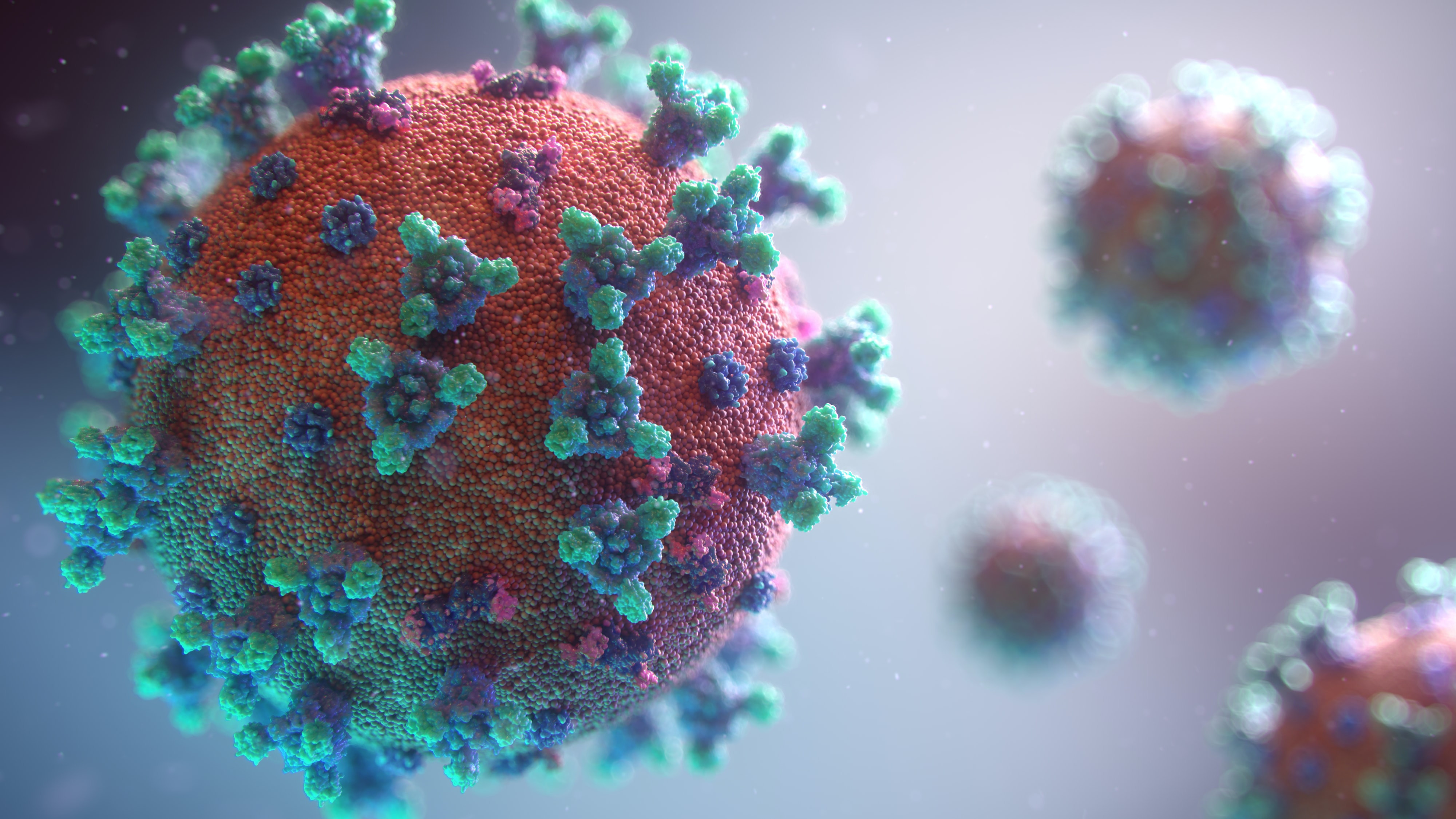It’s been more than two years since COVID-19 was declared a national emergency. Still, the pandemic continues to impact the health and well-being of people across the globe and accentuate longstanding challenges in our society.
Making a Difference Grantees Use Bioethics to Address Critical Issues Raised by COVID-19

With support from our Making a Difference (MAD) grant program, investigators are conducting innovative research to reveal how bioethics can help answer pandemic-era questions about resource distribution, mental health, trust, and more.
Below, we highlight their projects and share some of the work they’ve published thus far.
Physicians’ Moral Stress During COVID-19: A Qualitative Analysis of Systems Factors
Through this Fall 2020 grant, Greenwall Faculty Scholar Alum Mara Buchbinder, PhD, is assessing how state and local public health responses and institutional policies have affected physician moral stress during the COVID-19 pandemic. Investigators are interviewing physicians at hospitals in New York City and New Orleans to determine the source and nature of moral stress in frontline health care workers. You can find more information on this project and track its progress here.
Rationing Behind Bars: Resource Allocation in Jails and Prisons During COVID-19
Fall 2020 grantee Brendan Saloner, PhD, is developing an ethical framework for resource allocation in prisons during public health emergencies. This project examines how resource allocation decisions were made during the COVID-19 pandemic through interviews with correctional clinicians, administrators, and incarcerated people. In a late-2021 article, Prof. Saloner and his team compared the rates of COVID-19 infection and mortality in prisons to the general population in the United States.
Evidence and Uncertainty in COVID-19 Vaccination Policy-Making
The pandemic necessitated the rapid development of COVID-19 vaccines. Through a Fall 2020 grant, Jason Schwartz, PhD, is analyzing how ethical deliberations influenced scientific review and policymaking related to COVID-19 vaccines. In an essay published in the Hastings Bioethics Forum, Prof. Schwartz and his team consider the ethical implications of administering vaccines that are less effective than those already in use.
The Ethics of Implementing Coronavirus Vaccines: Independence, Transparency, and Social Confidence
Spring 2021 MAD grantee Jonathan Darrow, JD, is examining vaccine hesitancy in the context of the COVID-19 pandemic. Based on their findings, Prof. Darrow and his team will develop policy recommendations to increase trust in government institutions and the products they regulate, including vaccines. For example, in an essay published in Health Affairs Forefront, Prof. Darrow advocates discounting insurance premiums for individuals who receive the COVID-19 vaccine to increase vaccination rates.
Spring 2021 MAD grantee Anne Barnhill, PhD, will create ethics guidance and tools for state policymakers to use during public health emergencies like the COVID-19 pandemic. Prof. Barnhill and her team will examine the effects of state policies promulgated during the pandemic and use their findings to inform the development of an ethical framework through which effective, equitable policies can be created.
The COVID-19 pandemic has exposed issues with data and safety monitoring boards (DSMBs), which monitor and decide whether to halt or modify ongoing clinical trials. Through this Spring 2021 grant, Seema Shah, JD, will address ethical issues related to DSMBs in the context of the COVID-19 pandemic. Shah and her team will then create a model charter and ethical framework to address the ethical issues that DSMBs face.
A Fall 2021 grant will support a project led by Roberto Abadie, PhD that examines the ethical concerns that arose during the COVID-19 pandemic related to opioid agonist treatment for people who inject drugs. Prof. Abadie and his team are studying the experiences of patients and healthcare professionals in San Juan, Puerto Rico to develop an evidence-based, population-tailored ethical framework to guide the administration of opioid agonist treatment during public health crises.
As the pandemic continues to evolve, Making a Difference grantees will continue their work bringing bioethics to the front lines in addressing the COVID-19 crisis. Follow more work and commentary from our Making a Difference grantees on our blog and visit us on Twitter for updates on their work.